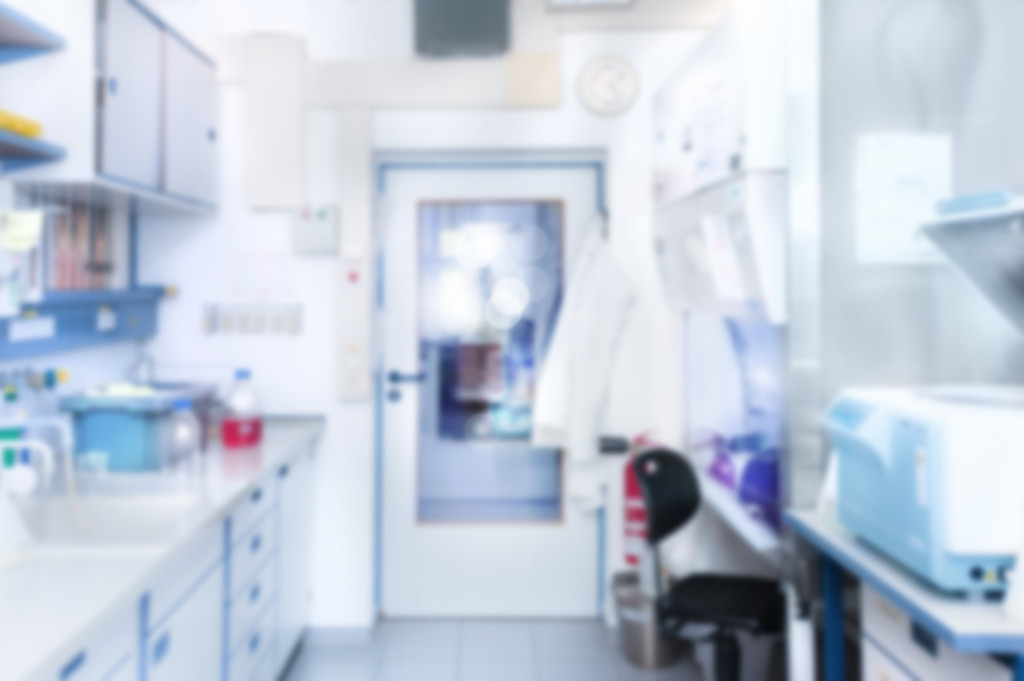What Are Induced Pluripotent Stem Cell (iPSC) Core Facilities?
Induced pluripotent stem cell (iPSC) core facilities are facilities created to facilitate the derivation and distribution of induced pluripotent stem cell lines. These facilities promote iPSC research advances by providing disease-specific iPSC lines to researchers, thereby allowing more researchers to study mechanisms of disease and new therapeutic applications.
Induced pluripotent stem cell core facilities can also provide services related to iPSCs, including consultation and technical services, as well as training in iPSC technology. Common services that the core facilities provide are derivation, maintenance, and characterization of iPSCs. They may also provide control iPSC lines, validated iPSC culture reagents, and more.
Complete List of iPSC Core Facilities
Because it has been difficult to find this resource elsewhere, a complete list of iPSC core facilities is shown below. (If you know of additional facilities or would like to have yours added to the list, email us here.)
| Name of iPSC core facility | Supporting Organization | Location | Description |
| iPSC Core Facility | Perelman School of Medicine | 3400 Civic Center Blvd, Bldg 421, Philadelphia, PA 19104 | The Penn Institute for Regenerative Medicine (IRM) established the iPSC Core in 2009 to promote powerful iPSC technology on campus and within surrounding institutions. |
| Induced Pluripotent Stem Cell (iPSC) Core | Cedars‑Sinai Medical Center | 8700 Beverly Blvd. Los Angeles, CA 90048 | The Induced Pluripotent Stem Cell (iPSC) Core Facility at the Regenerative Medicine Institute (RMI) uses the latest techniques to reprogram, expand and characterize human iPS cells from human skin or blood tissues of healthy subjects and diseased patients. |
| Cornell Induced Pluripotent Stem Cell Core Laboratory | Cornell University | Veterinary Research Tower, Ithaca, NY 14853-6401 | Established in August 2009, the Induced Pluripotent Stem Cell Core Laboratory (iPS Core) is located in the Veterinary Research Tower T9-010, and is part of the NYSTEM funded Mammalian Cell Reprogramming Core. |
| University of North Carolina School of Medicine | University of North Carolina | 425 Taylor Hall, 109 Mason Farm Rd. Chapel Hill, NC 27599 | Human stem cell research provides the unique opportunity to study the complex events that occur during the early human development. |
| Harvard Stem Cell Institute (HSCI) | Harvard | 1350 Massachusetts Avenue, Suite 727W, Cambridge, MA 02138 | The iPS Core serves as a repository for iPS cells produced by HSCI scientists and functions as a laboratory to produce disease-specific lines for sharing with the HSCI and broader research community. |
| iPSC Core Facility (WUSTL) | Washington University | Campus Box 8044, Biotechnology Building; G35, 4559 Scott Avenue, St. Louis, MO 63110 | The iPSC Core Facility seeks to enhance the research efforts of Washington University by facilitating the use of induced pluripotent stem cell technology and enable investigators to leverage Washington University’s diverse patient population to study and potentially treat human disease in a novel way. |
| Induced Pluripotent Stem Cell Core | Joslin Diabetes Centre | Joslin Diabetes Center and Joslin Clinic, One Joslin Place, Boston, MA 02215 | Induced pluripotent stem cells (iPS cells), generated by transcription factor-dependent nuclear reprogramming of differentiated somatic cells, are pluripotent stem cell lines that can be propagated indefinitely in culture and maintain the potential to differentiate into any cell type in the body. |
| Pluripotent Stem Cell Core | Georgia Tech | 315 Ferst Dr. NW Atlanta, GA 30332 P) 404.894.6228 F) 404.894.2291 | The emphasis of the core facility is to serve as a local resource for the Georgia Tech community to facilitate research with human embryonic and induced pluripotent stem cells by providing samples of stem cells and differentiated cells for preliminary studies, as well as hands-on training, technical support and consultation for researchers and laboratories seeking to work with human pluripotent stem cells. |
| The Picower Institute (iPS Core Facility) | Massachusetts Institute of Technology (MIT) | 77 Massachusetts Avenue, Building 46 Room 1303, Cambridge, MA 02139-4307 | These core facilities integrate the various research goals of members of the Picower and McGovern Institutes, the Department of Brain and Cognitive Sciences and the Broad Institute. |
| Charles C. Gates Centre | University of Denver | 17th Place, Campus Box C290, Aurora, CO 80045. | The Charles C. Gates Center for Regenerative Medicine and Stem Cell Biology, with support from the Dean of the School of Medicine, has established a Core facility that generates induced pluripotent stem cells (iPSCs) for the University of Colorado Anschutz Medical Center and other Colorado Universities. |
| Cambridge Stem Cell Institute | Cambridge University | United Kingdom | These projects have been directed by clinicians associated with diverse departments of University of Cambridge, including Neurosciences, Metabolic Science, Cardiovascular Medicine, Haematology, Surgery and Hepatology/Thoracic Medicine. |
| iPSC Core Facility | University of Pennslyvania | 3400 Civic Center Blvd, Bldg 421, Philadelphia, PA 19104 | The goals of this facility are to facilitate derivation of iPS cells from somatic cells, to provide expertise and training to researchers in ES/iPS cell culture, and and to serve as a resource for sharing iPS cell lines and iPSC technology within the UPenn and the scientific community. |
| Stem Cell Core | SALK Institute | 10010 N Torrey Pines Rd, La Jolla, CA 92037 | The Stem Cell Core Facility (STEM Core) functions as a multi-user research facility studying embryonic stem (hES) cell lines and human induced pluripotent stem (iPS) cell lines |
| Induced Pluripotent Stem Cell (iPSC) Core Laboratory | Yale University | PO Box 208073, New Haven, CT 06520-8073 | The Yale hESC/iPSC Core Facility provides services for reprogramming differentiated cells into induced pluripotent cells using two non-integration techniques in defined media and feeder-free conditions. |
